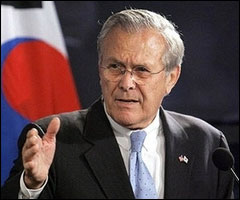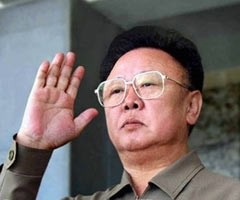India bank staff in strike action
 By Kamalesh Rattansi,
By Kamalesh Rattansi,WNS India Correspondent
NEW DELHI - Nearly a million bank workers in India are on a one-day strike in protest at what unions say is government pressure to reform which will lead to job cuts. The unions are against outsourcing of bank work and a government proposal to merge 27 state-run banks to compete in the global economy. Union spokesman PK Gupta told a news channel that the strike would affect banking transactions across India. Unions say there is no need for the Indian banking industry to globalise.
Employees at the country's largest bank, State Bank of India, are also expected to join the strike, the unions say. "This time every bank is striking," CH Venkatachalam, general secretary of All India Bank Employees' Association told the Reuters news agency. "Lots of jobs are lying vacant, they should be filled up and the banks' work should not be outsourced if you have clients' interest in mind."
Many private sector banks are expected to function normally, as fewer of their employees are union members. The unions are also opposed to a government proposal to bring down its stake in state-run banks from the present 51% to 33%. India has about 88 state, private and foreign banks, and more than 100,000 urban and rural co-operative banks. India's booming economy has helped raise demand for banking services.






























